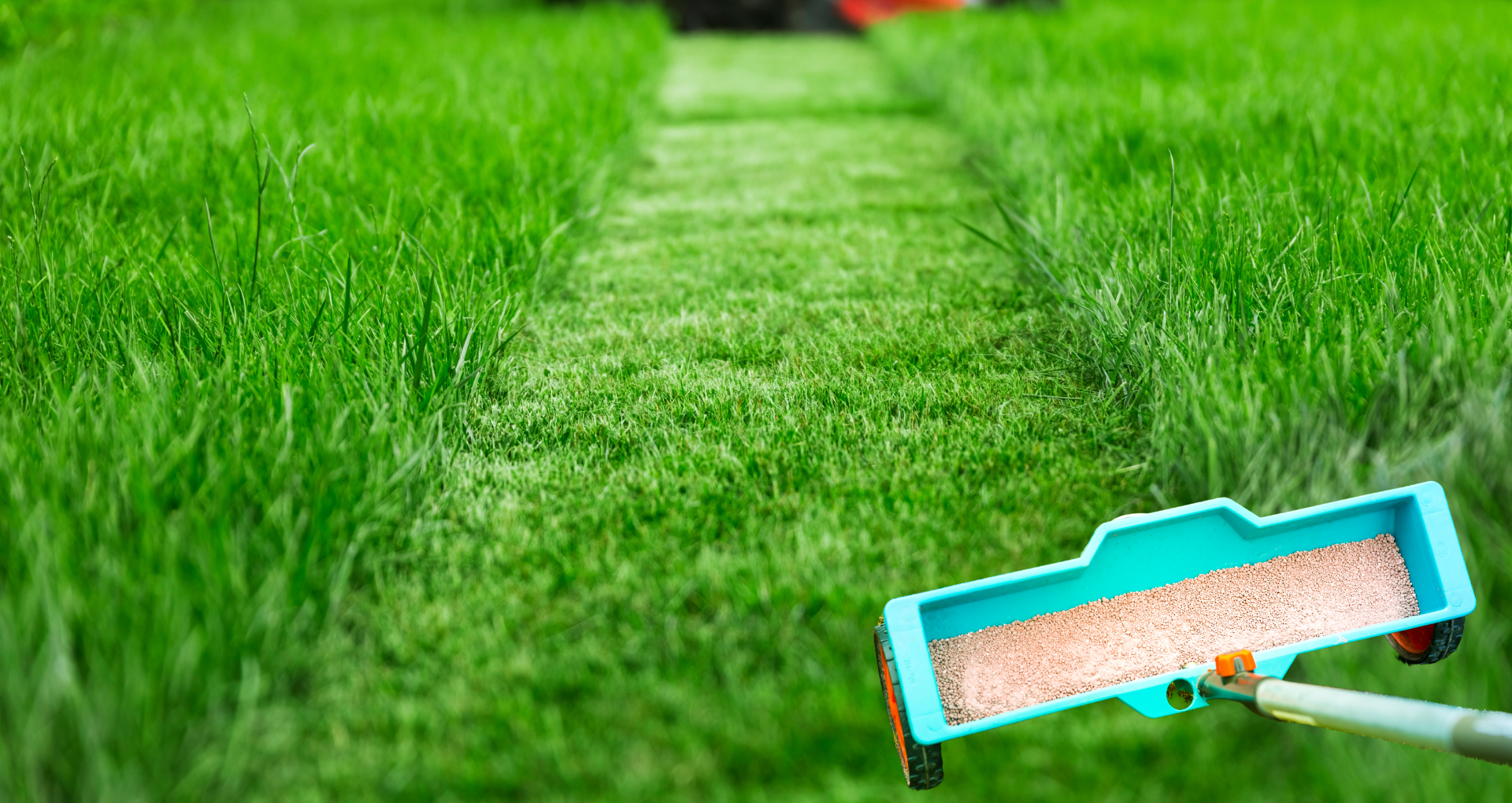A vibrant, healthy lawn is not just a delight to the eyes but also a testament to the underlying soil health. While many homeowners focus solely on fertilizers and watering schedules, nurturing your lawn’s soil is equally crucial for long-term vitality and sustainability. In this blog post, we’ll explore the benefits of incorporating humic acid, sea kelp, and bio-stimulants into your lawn care routine to promote soil health and foster a lush, thriving lawn.
Understanding Soil Health
Before diving into specific soil amendments, let’s first understand what soil health entails. Healthy soil is teeming with life, including beneficial microorganisms, earthworms, and fungi, all of which contribute to nutrient cycling, water retention, and overall plant vitality. However, modern practices such as excessive chemical use, compaction, and erosion can degrade soil health over time, leading to poor plant growth, increased pest problems, and reduced resilience to environmental stresses.
The Role of Humic Acid
Humic acid, derived from decomposed organic matter, is a powerful soil conditioner that offers numerous benefits for soil health and plant growth. When applied to the soil, humic acid:
- Enhances Nutrient Availability: Humic acid chelates nutrients, making them more accessible to plants and reducing nutrient leaching.
- Improves Soil Structure: It helps loosen compacted soils, promoting better root penetration, water infiltration, and air exchange.
- Stimulates Microbial Activity: Humic acid fosters a thriving soil microbial community, which aids in nutrient recycling and disease suppression.
- Buffers pH: It can moderate soil pH, creating an optimal environment for nutrient uptake.
Incorporating humic acid into your lawn care regimen can lead to healthier, more resilient turfgrass that withstands environmental challenges and thrives throughout the growing season.
Harnessing the Power of Sea Kelp
Sea kelp, or seaweed extract, is another natural ingredient that offers significant benefits for soil and plant health. Rich in trace minerals, amino acids, vitamins, and growth hormones, sea kelp:
- Stimulates Growth: The natural growth hormones in sea kelp promote root development, shoot growth, and overall plant vigor.
- Boosts Stress Tolerance: Sea kelp enhances plants’ ability to withstand environmental stresses such as heat, drought, and disease pressure.
- Increases Nutrient Uptake: It facilitates nutrient absorption and utilization, leading to more efficient nutrient uptake by plants.
- Enhances Soil Microbiology: Sea kelp acts as a microbial stimulant, encouraging beneficial microbial populations in the soil.
By incorporating sea kelp into your lawn care program, you can promote vigorous growth, improve stress tolerance, and foster a robust soil ecosystem that supports healthy plant life.
Leveraging Bio-Stimulants for Holistic Soil Health
Bio-stimulants encompass a range of natural substances, including plant extracts, beneficial microbes, and organic compounds, that enhance plant growth and soil health. These products:
- Promote Soil Biology: Bio-stimulants support beneficial microbial populations, leading to improved nutrient cycling and disease suppression.
- Increase Plant Resilience: They help plants cope with environmental stresses such as temperature fluctuations, drought, and nutrient deficiencies.
- Improve Nutrient Efficiency: Bio-stimulants enhance nutrient uptake and utilization by plants, reducing nutrient wastage and runoff.
- Enhance Soil Structure: Some bio-stimulants contribute to soil aggregation and tilth, improving water infiltration and root development.
By integrating bio-stimulants into your lawn care practices, you can create a balanced and resilient soil ecosystem that fosters optimal plant growth and vitality.
Implementing a Comprehensive Approach
To reap the full benefits of humic acid, sea kelp, and bio-stimulants for your lawn’s soil health, consider the following tips:
- Choose Quality Products: Select reputable brands or organic-certified products to ensure efficacy and environmental safety.
- Follow Application Guidelines: Apply these amendments according to recommended rates and timings for best results without overloading the soil.
- Combine with Organic Practices: Incorporate composting, mulching, and organic fertilization to further enhance soil health and sustainability.
- Monitor Soil Conditions: Regularly test soil pH, nutrient levels, and moisture to fine-tune your lawn care practices and address any imbalances.
In conclusion, nurturing soil health is a foundational step towards cultivating a lush and resilient lawn. By harnessing the power of humic acid, sea kelp, and bio-stimulants, you can promote a thriving soil ecosystem that supports vibrant plant growth, reduces environmental impact, and creates a beautiful outdoor space for enjoyment and relaxation.

